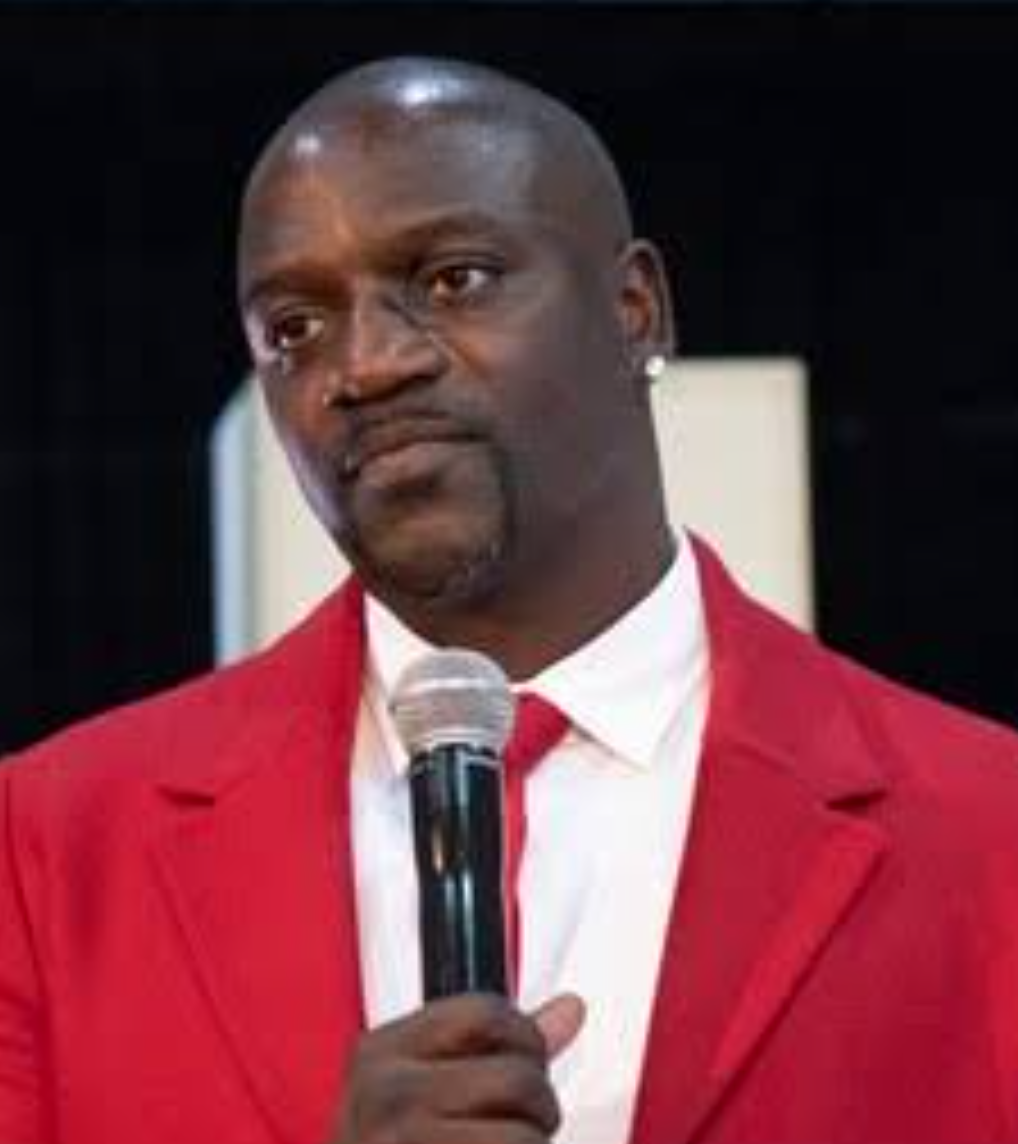
Plans announced by Senegalese-American singer Akon last August to build “Akon City,” a futuristic hub in his ancestral homeland, were initially greeted with enthusiasm. But that quickly gave way to confusion: What was “Akoin,” and why was it appearing on billboards, postcards, and candy wrappers across the country advertising the 2,000 acre project?
Envisioned as a sustainable smart city, Akon City has been pitched as a residential and commercial hub, complete with resorts, towering condos, recording studios, a stadium, and e-commerce franchises. The city will run on solar and wind energy to circumvent the country’s unreliable power supply. It will also run on Akoin, a new cryptocurrency currently being piloted by the Grammy Award-nominated singer.
“I think that blockchain and crypto could be the savior for Africa in many ways because it brings the power back to the people and brings the security back into the currency system,” Akon explained at the 2018 Cannes Lion Festival in France. “[It] also allows the people to utilize it in ways where they can advance themselves, and not allow governments to do those things that are keeping them down.”
The gap between the singer’s vision and the response on the ground provides a fascinating snapshot of the role cryptocurrency is playing across the continent.
“Akon City would be situated in Senegal and not on an autonomous island. And so the financial laws governing the rest of the country would also apply there,” cautions Paul Diack, a Dakar-based fintech journalist.
The Akoin ecosystem
Akon is hoping the alternative models proposed by Akon City will help Senegal, a country dealing with mass protests in the wake of an economic crisis, tackle poverty and youth unemployment. Construction on the project is expected to start this year, and is expected to cost around $6 billion, pooled between Akon and outside investors. The singer this week also announced plans to build a “sister” Akon City in Uganda.
Akoin is envisioned not just as a utility token, but as an ecosystem of tools and services designed for entrepreneurs. It is backed by a multi-currency wallet and decentralized exchange that allows users to trade with each other interchangeably or between major cryptocurrencies without the major hurdles or fees of traditional money exchanges. Users can eventually convert their tokens into fiat currencies or purchase mobile phone airtime. Akoin can be purchased via a secure online wallet using major cryptocurrencies such as stellar, bitcoin, ethereum, or with credit and debit cards.
The central hope of Akoin is to minimize the barriers to entry faced by many entrepreneurs and small businesses such as the extensive paperwork required by banks.
“The Akoin ecosystem will be the infrastructure that allows African entrepreneurs to take part in the gig economies, and will provide the tools they need to compete in the realm of international business for the first time,” the project’s website explains. “With Akoin, African entrepreneurs will have access to financial, health, education, technology, professional, governance and land services, using the Akoin Token as a central medium of exchange.”
But why create an entire new crypto and not use existing ones? According to the singer’s plans, Akoin is envisioned not just as a cryptocurrency, but a means of transaction in a bigger business ecosystem that be a gateway for global brands to access the continent, and benefit Africans specifically.
It sounds impressive but unsupportive government regulations could pose a challenge to massive adoption of the coin in Senegal and perhaps beyond.
Senegal uses the CFA franc as a currency, as do the eight mostly French-speaking countries in west Africa. The currency is issued and regulated by a Dakar-based central bank known as BCEAO, which has warned that the adoption and usage of crypto is illegal with commercial banks operating in the union are forbidden to process crypto transactions. They have also warned those using international crypto platforms or P2P apps as potentially “unsafe investment instruments. ”
The Akoin platform wants to leverage the existing network of prepaid mobile airtime vendors as a tool to provide financial services to the unbanked population, but that will largely depend on mobile telecommunications companies, whose financial services are also regulated by the central bank.
“Mobile telecoms firms will face sanctions if they ignore alerts from BCEAO. The only legal tender we have in Senegal is CFA franc. Would merchants accept the Akoin? How do we use it to pay for our children’s school fees or hospital bills?” These are some of the questions about the project being asked by Diack. “BCEAO may likely not give the green light for Akoin this time, because if they do it could disrupt the entire financial system of the region, which is about the most stable in Africa.”
The crypto trend in Africa
The Akoin Foundation is working to secure partnerships with companies across Africa willing to adopt the token and integrate it into their digital infrastructure, according to its founding documents (the Foundation did not respond to a request for comment.)
Established companies and startups in Africa are willing to have a shot at blockchain-based financial platforms, but are concerned about the position of central regulators, most of whom are hostile to crypto adoptions, says Clement Gbegnon, a Togo-based risk analyst formerly with the West African Development Bank.
*Culled from Quartz Africa